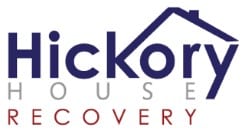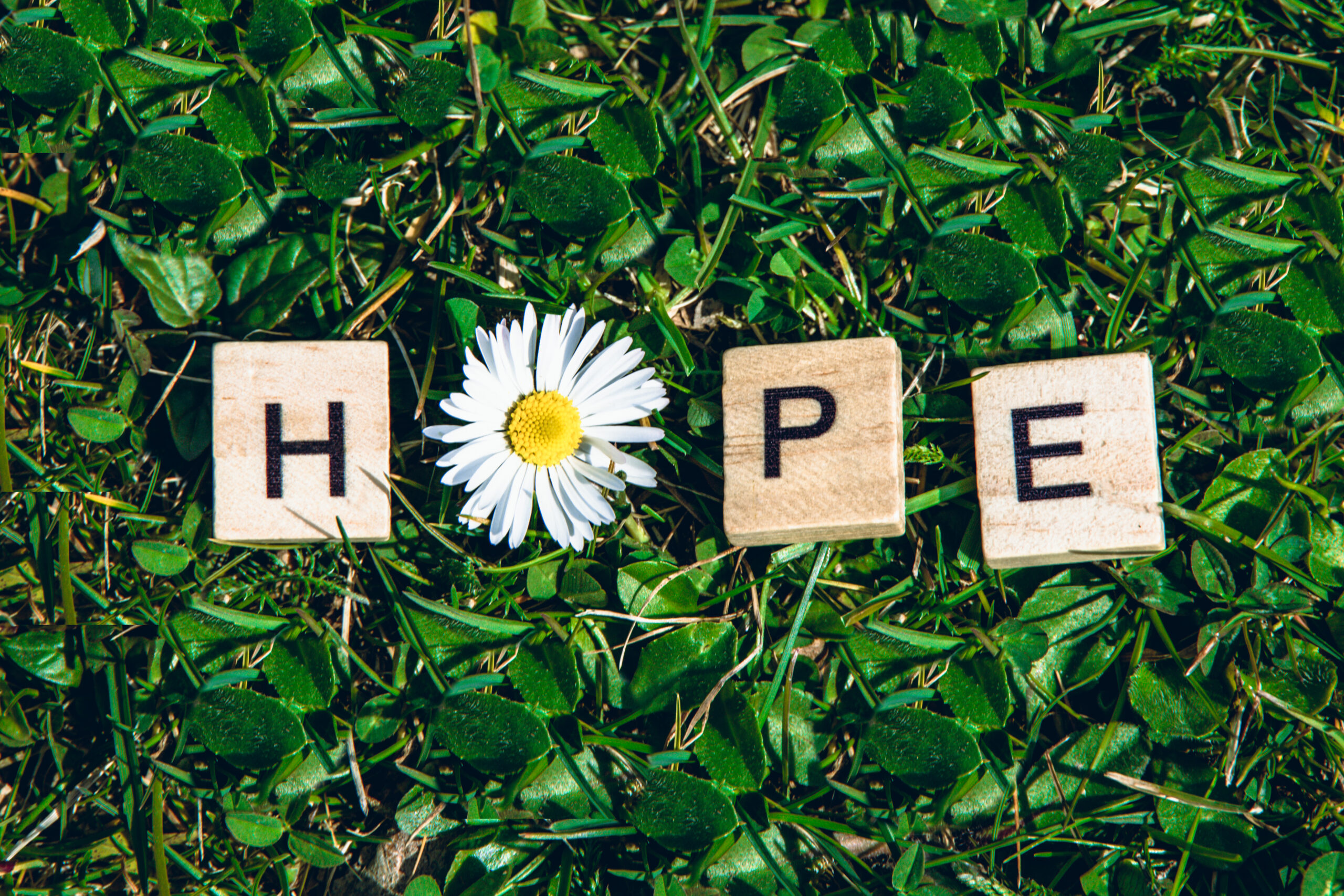Navigating sobriety is challenging under any circumstance, but doing so while feeling alone can be especially difficult. Loneliness is a powerful emotional trigger, particularly for those battling substance use disorders, as it can amplify feelings of despair and unworthiness, sparking the flames of temptation. The holiday season, often associated with togetherness and celebration, has the ability to highlight certain absences in your life, making the struggle feel insurmountable. However, even when relationships have been strained or support feels out of reach, it is possible to rebuild connections and find meaningful help.
Loneliness during recovery isn’t just about physical isolation – it’s also about emotional solitude. Addiction often harms relationships with family and friends, leaving a void those meaningful connections once filled. Other times, the network you’ve created can lack the support and understanding you specifically need. Even when surrounded by others, sobriety can often feel like a solo crusade.
However, without a strong support system, the emotional toll of loneliness can increase the risk of relapse. Substance use often becomes a way to self-medicate these feelings, creating a vicious cycle that’s hard to break. Understanding that loneliness is a common part of recovery – not a reflection of personal failure – can help shift the perspective toward action and healing. Rebuilding relationships isn’t easy. In fact, it’s a major obstacle in overcoming loneliness and one of the most difficult steps in the recovery process. The good news is that it’s also equally rewarding. It requires humility, patience, and admission. There must be a willingness to not only acknowledge the past, but take responsibility for it.
It is important to reach out to friends or family members with honesty and sincerity. Apologize for past behaviors without expecting immediate forgiveness. Use simple, heartfelt statements that accept fault, express remorse, and reveal your hope for the future. For instance, “I know I hurt you, and I’m truly sorry. I’m working on making changes and hope to rebuild our relationship,” can be a meaningful first step.
Understand that healing and rebuilding trust takes time. Loved ones may be hesitant or cautious, and it’s important to respect their need for space while continuing to demonstrate consistent, positive change.
Honesty is your friend. Being transparent and sharing your efforts in recovery will reassure the people in your life, or those you are looking to reconcile with, how serious you are about making amends. Talk to them about attending support groups or going to therapy. Discuss the other steps you’ve taken and share as much as you’re able without oversharing or feeling uncomfortable. While this gives others insight into your experience, it’s another way to not feel so entirely alone through the process.
At the same time, remember that while words are important, actions carry more weight. Follow through on promises, show up for others, and prioritize building trust knowing that it will take time. Everyone heals at different speeds.
If reconnecting with family or friends isn’t an option, or if loneliness persists, there are other ways to find and seek support. There are recovery communities you can join. Groups like Alcoholics Anonymous (AA), Narcotics Anonymous (NA), or SMART Recovery provide safe spaces to share experiences and build connections with people who intimately understand the challenges of sobriety and what you’re going through.
If you’re looking for a fulfilling way to spend your time, volunteer opportunities and helping others can be a powerful option for those looking to combat loneliness. Volunteering not only provides a sense of purpose but there’s also the possibility of meeting people who share your values.
Seeking professional help might not sound like a path for you but it is a way to get your thoughts out in the open if there’s no one else to talk to. A therapist or counselor can listen and help you address feelings of isolation and depression. They also have the tools to assist you in building healthy, supportive relationships.
If in-person support feels unavailable or you don’t have access, there are online communities you can explore. Virtual support groups and forums can provide immediate connection and can oftentimes be a more reasonable and comfortable solution for some.
Loneliness during recovery is a significant challenge, but it is not impossible. Taking steps to repair damaged relationships and seeking out new connections are all healthy and necessary parts of the process. Don’t forget to be kind and patient with yourself everyday – it’s important. Sobriety is a journey that no one should have to face alone, and while it may not feel like it, support is closer than it seems. Reaching out – whether to family, old friends, or new communities – can be the first step toward building the supportive network you deserve.
If you or someone you know if struggling with drug or alcohol addiction, we can help. Please call 800-604-2117 any time of day or night and our team of compassionate professionals will answer your questions and help you find the care you need.

